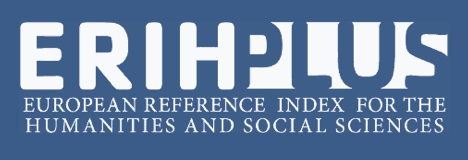Positive Emotions, Destination Brand Equity and Word of Mouth: Mediating Role of Satisfaction
Abstract
This research investigates the relationships between tourists’ emotions, satisfaction, and word-of-mouth intentions, and expands the model of destination brand equity in the context of tourism in northern Pakistan. 204 domestic tourists who provided the data visited various tourist destinations in the region and filled out self-administered surveys. Using validated scales, emotions, destination brand equity, satisfaction, and word-of-mouth intentions were measured using a convenience sample to collect data. It is evident from the data that positive emotions such as happiness, love, and pleasant surprise have a substantial effect on how satisfied visitors depart a location. Also discovered to have a positive impact on happiness was the destination’s brand equity. The results of the study support the hypothesis that customers who are more satisfied are more likely to recommend a product or service to others. The findings emphasize the significance of identifying and quantifying specific emotions in the tourism industry, while recommending that businesses catering to tourists place a particular emphasis on evoking positive emotions and enhancing the reputation of destinations. These findings have significant managerial implications for tour operators, travel agencies, and destination managers in northern Pakistan. In order to enhance tourists’ stays, marketers should employ innovative promotional appeals to create an emotional impact and increase the brand’s equity. Understanding the effect of emotions and destination brand equity on satisfaction and word-of-mouth intentions can assist stakeholders in developing strategies to attract more visitors and promote sustainable tourism in the region.

This work is licensed under a Creative Commons Attribution-NonCommercial 4.0 International License.













.jpg)








